King Tut
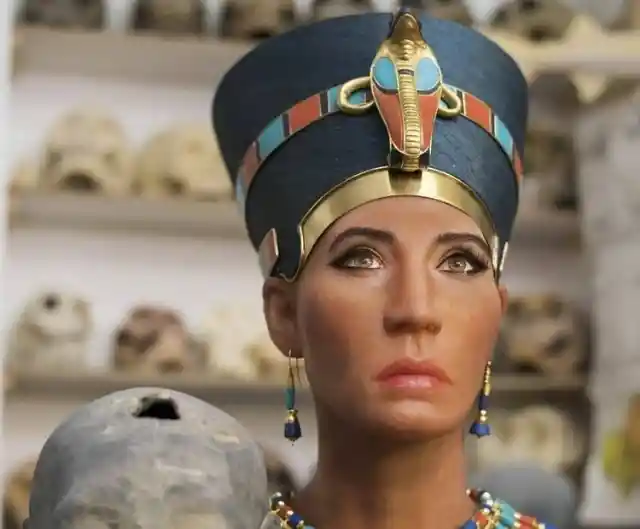
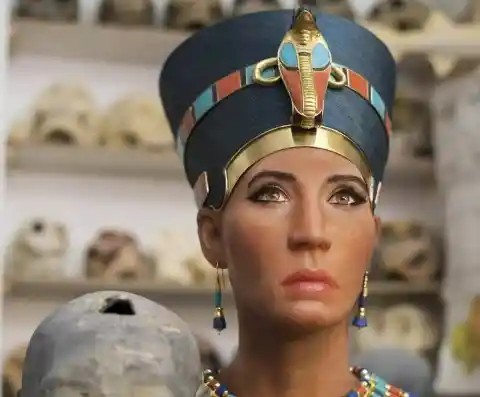
As a culture, many of us have been fascinated with prominent historical and political figures–their work, their lives, and especially their portraits. While we have the privilege of viewing paintings and historic photographs, we are left wondering what they would look like today.
Imagine a world governed by Julius Caesar or to be present in a room with Cleopatra. Thanks to the help of some amazing artists and a bit of technological genius, realistic portrayals of some of our most beloved historical figures are no longer frozen in time. Take a look at some of history’s most famous faces to see what they may look like today…
Benjamin Franklin


King Tut was one of the most recognizable figures of the 18th Egyptian dynasty, holding the keys to Egyptian money and influence from 1332 to 1323 B.C. He only ruled for a decade, but the discovery of his completely intact tomb in 1922 elevated him to the world’s best-known Pharaoh, and artifacts have been showcased around the world.
King Tut owes his youthful countenance to the fact that he started ruling at age 10 and died at the young age of 19, most likely as a result of a struggle with malaria. Side-by-side comparisons show an innocence in his eyes, with enviable thick black locks reminiscent of a young pop star.
Alexander Hamilton
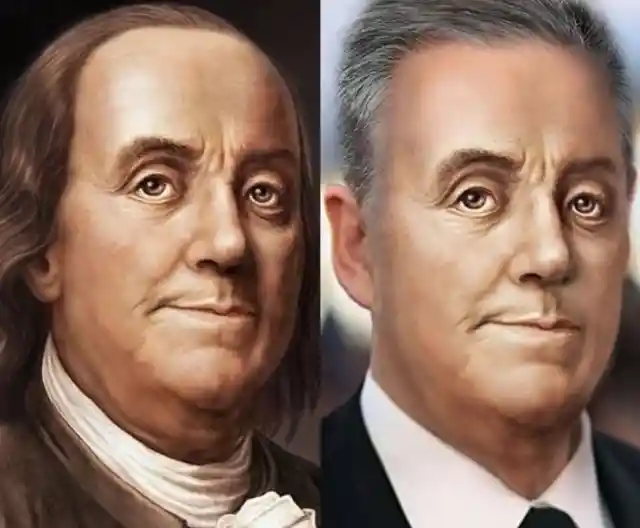

Benjamin Franklin was one of America’s first scientists, inventors, politicians, and philanthropists all rolled into one. He also has the unique distinction of being the only Founding Father who signed all three documents of the Charters of Freedom, which includes the Declaration of Independence, the Constitution, and the Bill of Rights, the emancipation documents that released America from British control.
This distinguished and dapper fellow founded a number of civic organizations during his life and career, including the University of Pennsylvania. Were he to be a part of today’s political scene, he’d no doubt have significant legal and political influence in Washington.
Julius Caesar


Alexander Hamilton was also one of the Founding Fathers of the United States, but anyone who has heard of the Broadway show Hamilton likely knew that. He played a critical role in the drafting of the Constitution, and he can be credited with the inception of the financial system we have in place today.
He accomplished a great deal in the 47 years he lived before being killed in the famous duel by Aaron Burr. His short life was full of romantic affairs, conspiracy, and drama. His “silver fox” appearance in his modern likeness leads us to believe he would have made quite an impact in this century as well.
Pocahontas
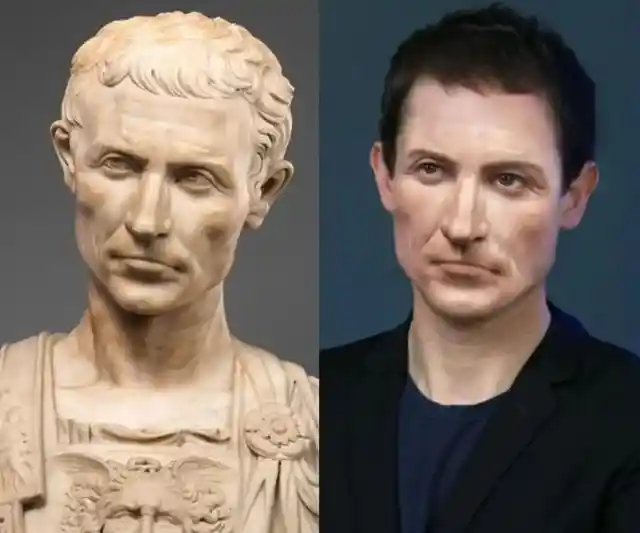
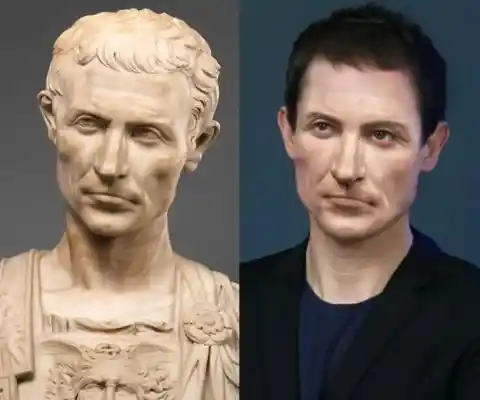
A member of the First Triumvirate, Julius Caesar led the infamous Roman armies in the Gallic Wars, governing his Roman Republic into essentially a dictatorship until his eventual assassination in 44 BC. During his short reign, he played a pivotal role in events that led to the rise of the Roman Empire.
Several statues and busts created during and after his reign depict Caesar as a strong-willed man with prominent features and a piercing stare that inspired both terror and obedience. Artistic portrayals in recent years expertly capture the air of authority and power that he had.
Abraham Lincoln
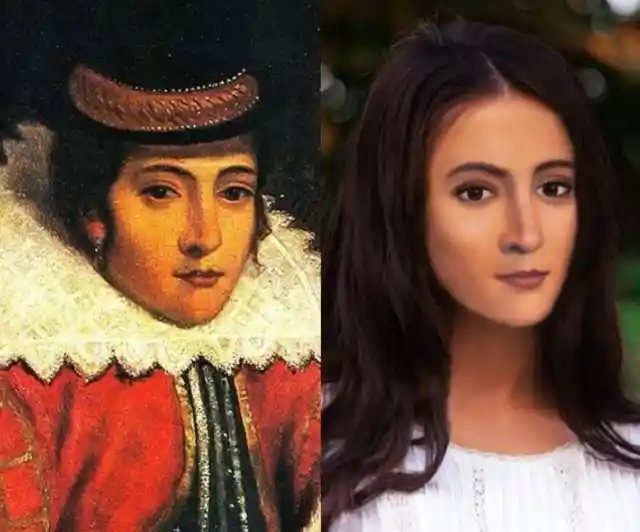
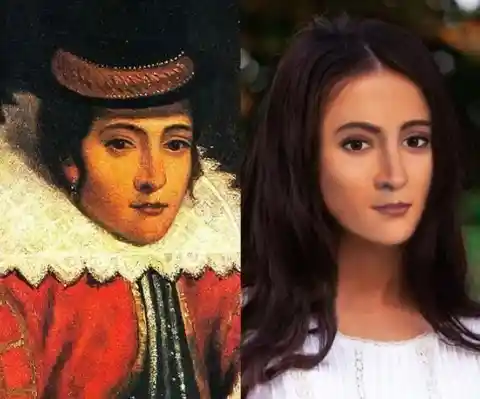
Pocahontas was a Native American ambassador born around 1595. She was the daughter of Chief Powhatan, but rose to prominence through her involvement with the Jamestown colony settlers and her peace-making efforts between the two groups.
Despite the connection that the eponymous Disney movie shows between her and John Smith, it was actually John Rolfe who she ended up marrying. Though it does seem that she took some live-saving actions that spared John Smith. She sadly died at the age of 21.
Mona Lisa


Abraham Lincoln came from humble beginnings in Springfield, Illinois, but rose to greatness on his own merit and integrity. He was a self-taught man who became a lawyer, legislator, and vocal advocate of civil rights.
He became the 16th President of the United States shortly before the outbreak of the Civil War in 1860, and was famously assassinated at the hands of John Wilkes Booth in 1865, just after the war ended. With a passion for service and a heart for people, he is regarded as one of the greatest Presidents in United States history.
Alexander The Great
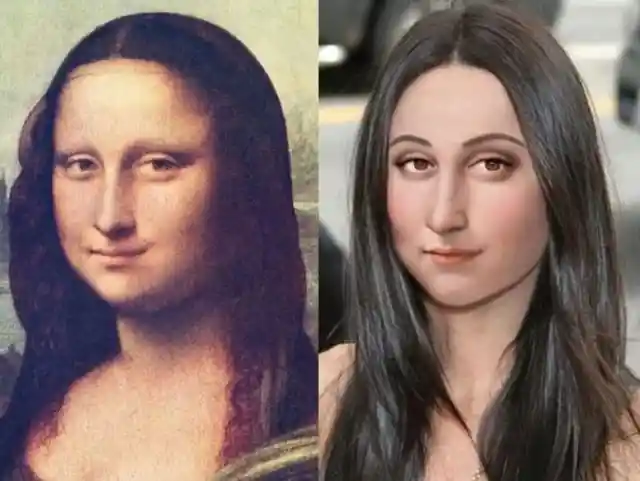
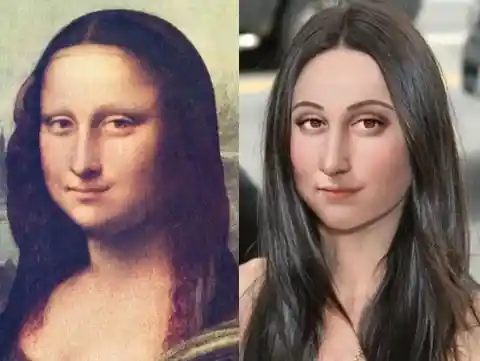
The Mona Lisa is a timeless, famous portrait painted by artist Leonardo DaVinci. Just who is the mystery woman behind the painting, however? She was the wife of Francesco del Giocondo, a courtly lady in her time. Her smile suggests secret happiness, and many flock to the Louvre in Paris to see if they can figure out the cause of her amusement.
While we doubt that a modern-day sighting of this well-recognized beauty would have her sporting the same Florentine fashions, there’s no doubt we’d catch a glimpse of that well-known expression if we were to see her on television or in film, as she strikes us as a natural performer.
Aristotle
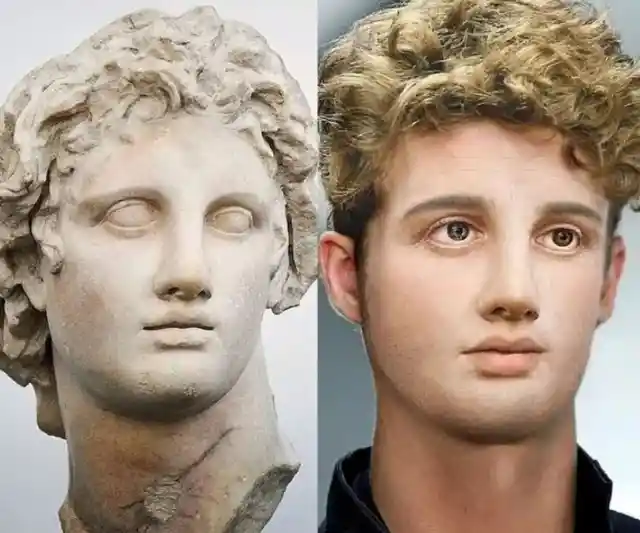
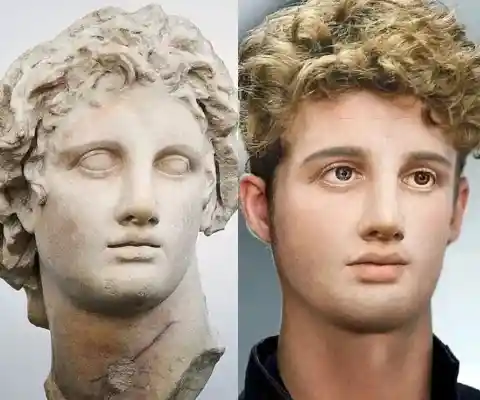
Alexander the Great may be one of the greatest political and military geniuses the world has ever known. Equal parts charismatic and downright ruthless, by the age of thirty, he had created the largest army in history, achieving unprecedented military and political power.
Ancient documents consistently report that the Macedonian conqueror had a condition called heterochromia, where the eyes are different color. The handsome rule died at the age of 33 in Babylon, the city he intended to establish as his capital.
Queen Elizabeth I
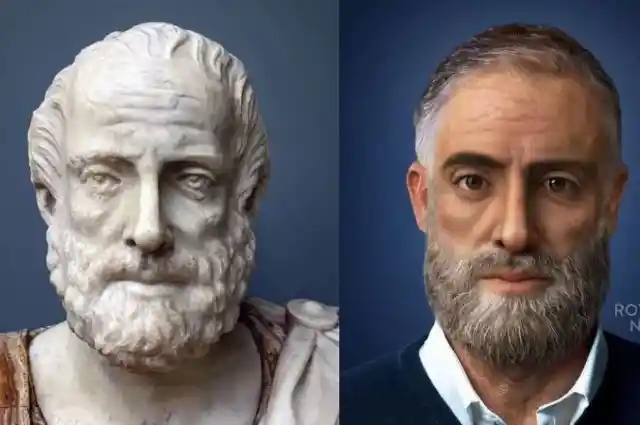

One of the fathers of philosophy, the GreekAristotle made a significant and lasting impact to every aspect of human knowledge, from logic and biology to ethics and the arts. While he might have been overshadowed by his famous teacher Plato, his enlightened works stand as brilliant writings that changed the subject forever.
His past and present likeness convey a man who spent most of his time deep in thought. As someone with brilliant utterances that he shared with anyone, this almost other-worldly genius likely would have a huge following today.
Anne Boleyn
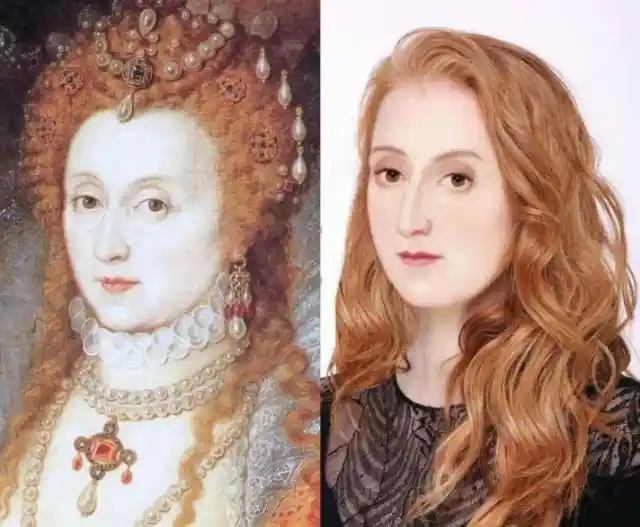
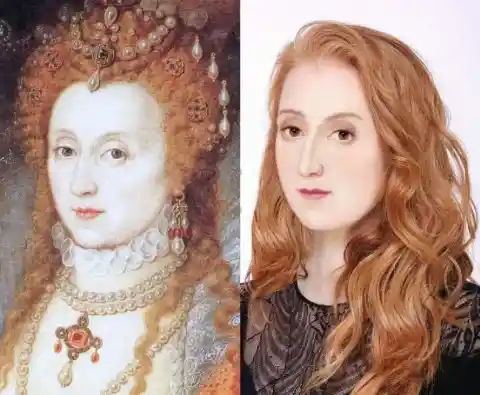
Queen Elizabeth I was the daughter of the volatile King Henry VIII, through his second wife Anne Boleyn. After her mother’s untimely death at the hands of her father, Elizabeth’s rise to Queen of England and Ireland became significantly more precarious as she fought diplomats and family members alike for power.
During her reign, she became known for religious and political tolerance, preferring peace with potential adversaries rather than conflict. Her striking red hair and porcelain skin, makes an impression on both historical portraits and with her modern presentation.
Henry VIII
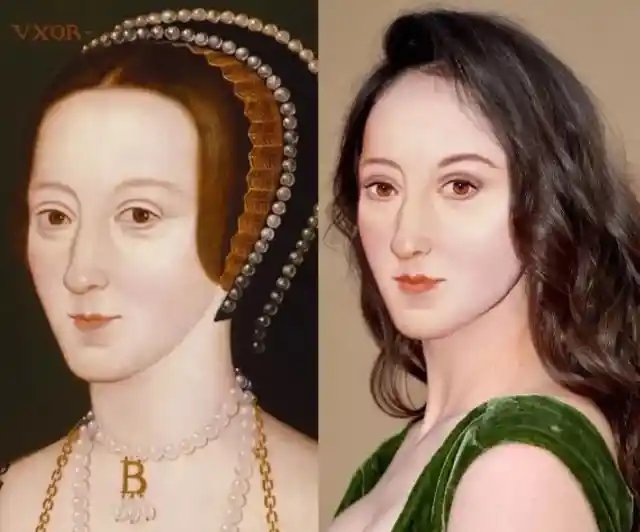
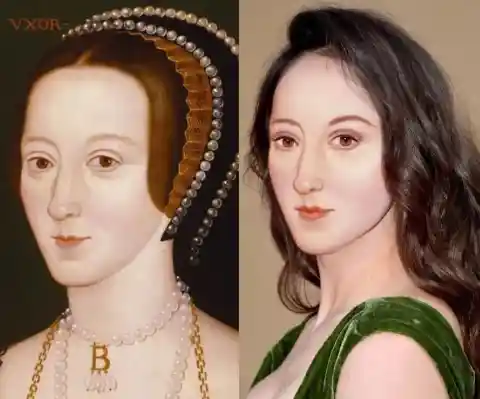
Anne Boleyn was Queen Elizabeth’s mother, and was the second wife of the notorious King Henry VIII of England. She earned the attention and romantic favor of King Henry VIII, who was married to Catherine at the time.
After some failed pregnancies and the birth of a daughter and not a son, Henry tired of Anne and had their marriage annulled. She was famously convicted of adultery and sentenced to death by Henry when Elizabeth was only two years old. She was portrayed by actress Natalie Portman in the 2008 film The Other Boleyn Girl.
Nefertiti


King Henry VIII was famous for a having a volatile personality, particular regarding his romantic and familial relationships. He ruled England with an iron fist from 1491-1547, bringing about seismic religious change through the Protestant Reformation as a result of his demanding an annulment from wife Catherine Aragon.
Though modern-day portrayals of Henry show a mild-mannered, calm demeanor, it would be wise for the ladies to steer clear of a contemporary dating profile set up by the tyrant. As two of his wives could attest to, when he tires of you, there’s no telling how he’ll choose to end the relationship.
Emperor Augustus
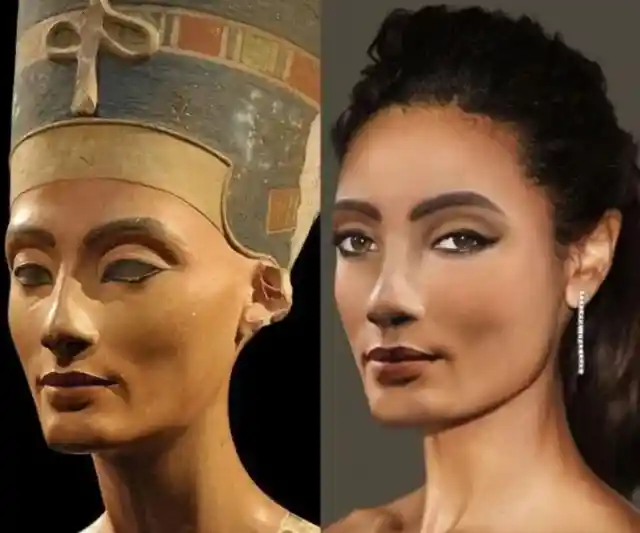
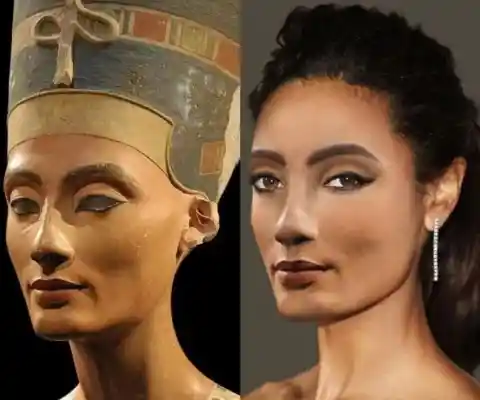
Nefertiti stands as one of the most powerful and influential women of her time. Together with husband Akhenaten, Egypt’s most notorious beauty reigned during a time of great prosperity for Egypt. Some historians even claim that she took over rule under the pseudonym, Neferneferuaten after her husband’s death, before the ascension of King Tut.
She is regarded as one of the most beautiful women throughout history, her ancient bust found in the tomb of Akhenaten became the gold standard of feminine power for decades after its discovery. Her modern-day portrayal is equally as impressive, and she’d likely turn a few heads if found on the city streets of today.
Napoleon
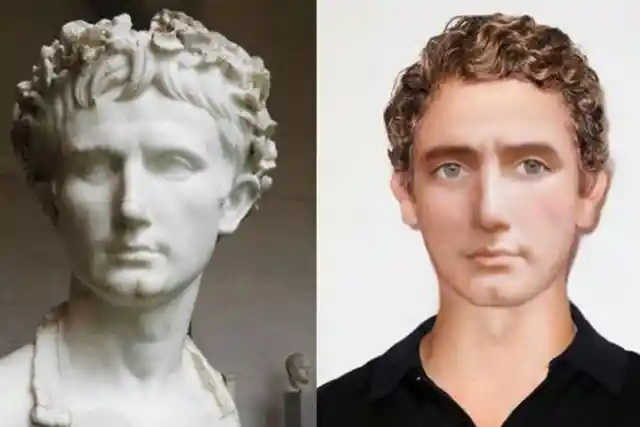
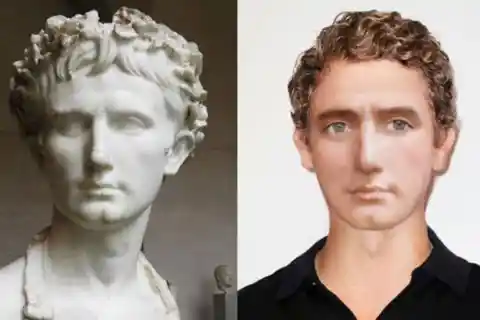
Emperor Augustus was the nephew of the great Julius Caesar and was taken under Caesar’s tutelage when he was very young, training him for both military and political achievements. Upon Caesar’s murder at the hands of other senators, Augustus returned to Rome to claim the throne he believed was his.
After some tense conflict between Mark Antony, Caesar’s assassins Brutus and Longinus, and himself, Augustus eventually won over Caesar’s entire military and the loyalty of thousands of grateful Romans. His reign ushered in a peaceful time in the Roman world, known as Pax Romana.
George Washington
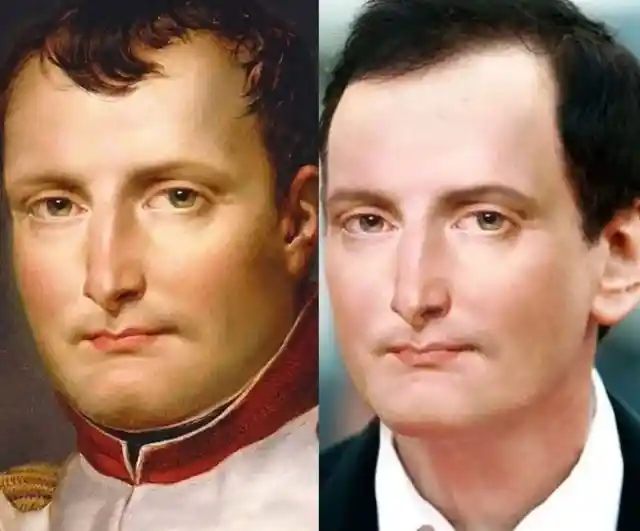
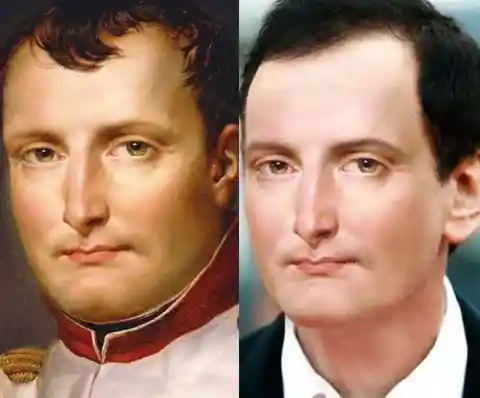
Napoleon Bonaparte was a military leader and emperor who conquered a large portion of Europe in the early 19th century. His rapid rise through military ranks during the French Revolution made him a feared force to be reckoned with, despite his relatively-small stature.
Eventually surrendering to British forces, he was forced into exile on the island of St. Helena, living out the rest of his years. Perhaps he would have made a name for himself in today’s political scene too, with an air of aristocracy and entitlement that few have matched.
Mary Queen Of Scots
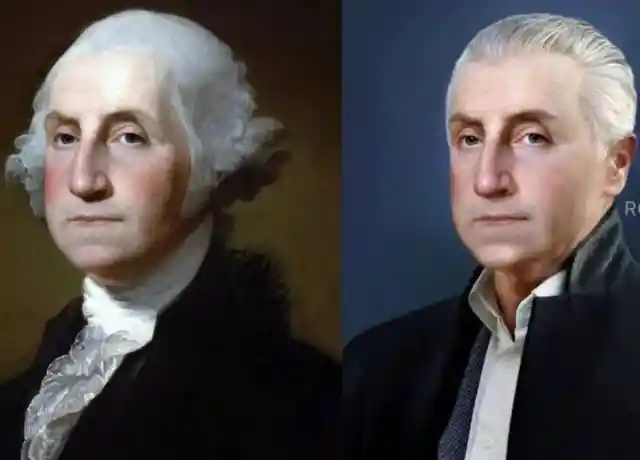
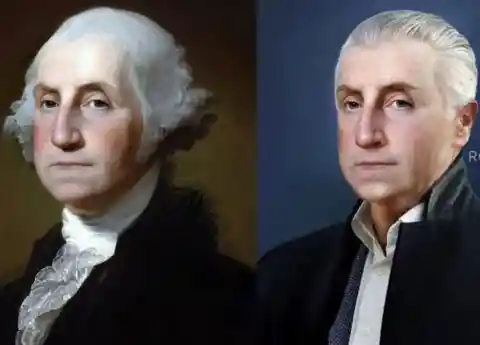
Probably the most famous per on this list, George Washington was the first President of the United States. His role as a general in the American Revolution paved his way to the Oval Office. His leadership ability during the war against England helped solidify his reputation as a man who could bring people together under his strong character and morals.
Despite initially turning down the invitation to be the nation’s first President, Washington eventually gave in and accepted the responsibility. His mindful creation of the Presidency’s policies, such as the limit of powers and the precedent of not having more than two terms, are still in place in America today.
Caligula
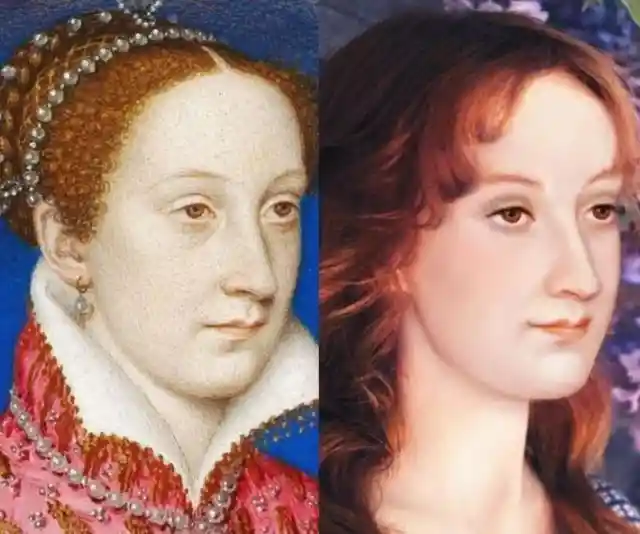
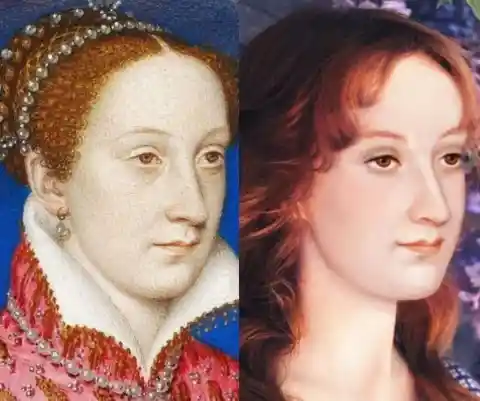
Mary Queen Of Scots has the unique distinction of being the youngest Queen on this list, as she was crowned as Queen of Scotland when she was just six days old. The only surviving child of King James V, Mary spent her life ensuring that she remained in a position of power.
Her past is riddled with alleged deviousness, marrying the man who was suspected in killing her first husband, Henry Stuart. After an uprising in Scotland, she sought the protection of her cousin Queen Elizabeth I. Having previously tried to take the throne from Elizabeth, she was imprisoned, and eventually beheaded.
Cleopatra
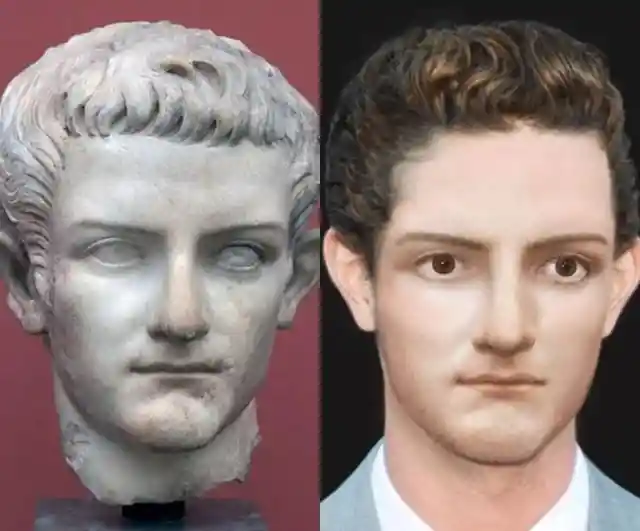
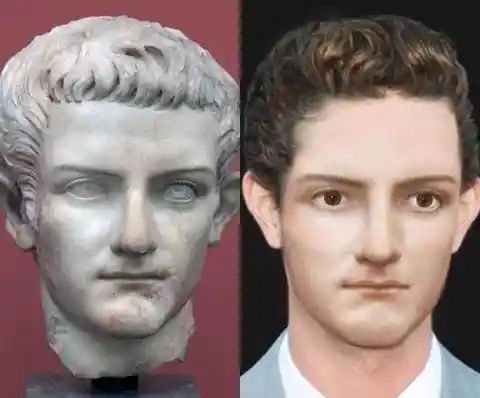
Caligula ruled as the third Emperor of the Roman Empire. His political and personal history of carnage is exceeded only by his infamous nephew, Emperor Nero. His eccentricities and fiscal excesses made him quite unpopular, ultimately leading to his assassination.
Caligula has become synonymous with brutality and utter chaos. It’s possible that his cruelty was related to a hot-headedness due to his age, much like the character Joffrey in Game of Thrones, but a serious illness was most likely responsible for his erratic behavior and violent tantrums, leading to his death at the hands of his own council members at age 25.
Ludwig van Beethoven
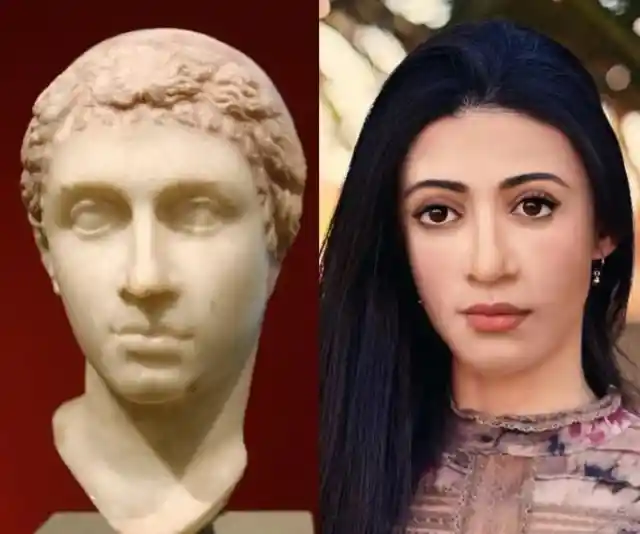
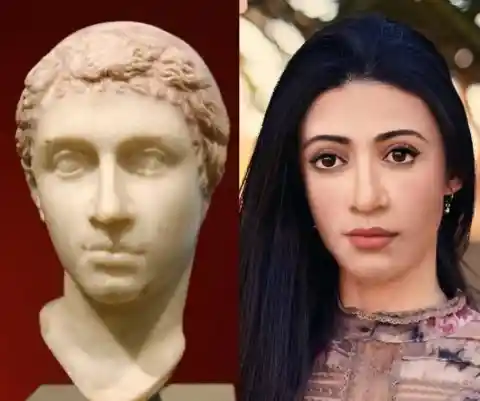
Cleopatra was a female powerhouse who ruled Egypt, with her younger brothers and finally with her son for nearly three decades. Regarded as brilliant and well-educated, she was the perfect combination of beauty and cunning, persuading many to form alliances that benefitted her throughout her long reign.
From a very young age, Cleopatra was embroiled in political upheaval and betrayal that inspired many to stay on guard. Her cunning collaboration with Julius Caesar gave her influence within the Roman Empire, forever imprinting her within ancient history. Though her famous bust depicts strong masculine features, a more modern portrayal of the brilliant beauty shows a softer side of her that is still quite powerful.
Jane Austen
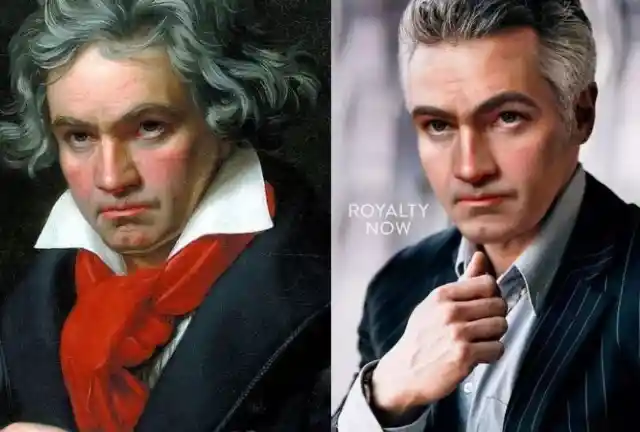

Ludwig van Beethoven overcame incredible personal obstacles to become one of the most famous and well-respected musicians of all time. His father began his training, later passing him off to composer and conductor Christian Gottlob Neefe, who helped shape his musical aspirations.
Despite a struggle with ill health and deafness at the young age of 26, he still became a truly accomplished composer and musician. He rose to fame during his lifetime, composing some of the most beautiful music the world has ever seen without ever having the chance to hear it himself.
King Louis XIV
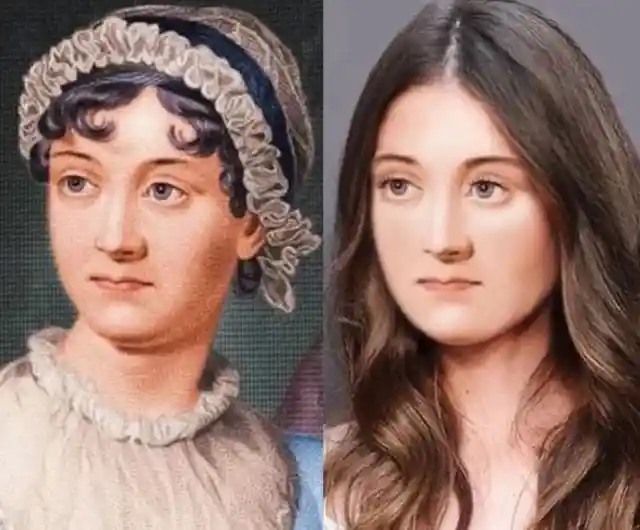
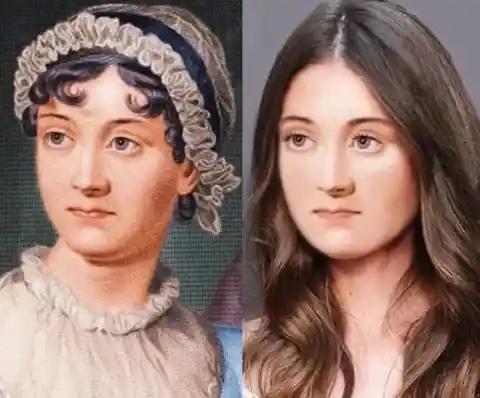
Jane Austen died two centuries ago, yet her sparkling and witty literary genius lives on through her award-winning novels, Pride And Prejudice, Emma and Sense and Sensibility. Austen’s plots explore groundbreaking female roles that were ahead of their time, and encapsulate irony, realism, and social commentary that earn her critical acclaim among modern-day critics and loyal fans alike.
Considering the impact that this prolific writer on the literature, imagine if she had the chance to top the New York Times Best Seller’s list.
Marie Antoinette


King Louis XIV of France led his country with an iron fist during France’s classical age. Aggressive foreign policies and an inability to compromise led some to believe that he was tyrannical in all his dealings.
Louis XIV’s 72-year reign is one of the longest recorded of any monarch in any country’s history, and it marks an age of absolutism demonstrated by French rule. He was nicknamed the Sun King, and it seems that he was also very into his appearance and public image than anything else. Side-by-side comparisons of past and present show an impeccably-coiffed gentleman resembling a timeless Keanu Reeves.
Catherine Parr Historically


Marie Antoinette was the last Queen of France, and her spurning of the lower class led to the civil unrest of the last 18th Century, progressing to the French Revolution and subsequent overthrow of the monarchy.
She has been remembered as herself being the epitome and symbol of excess and moral degeneration. Her lack of sensitivity to citizens of a lower class is exemplified with her famous quote of “Let them eat cake.” As revolution was taking place, she and the King attempted to escape, but they were caught and executed for treason in 1793.
Catherine Parr Today
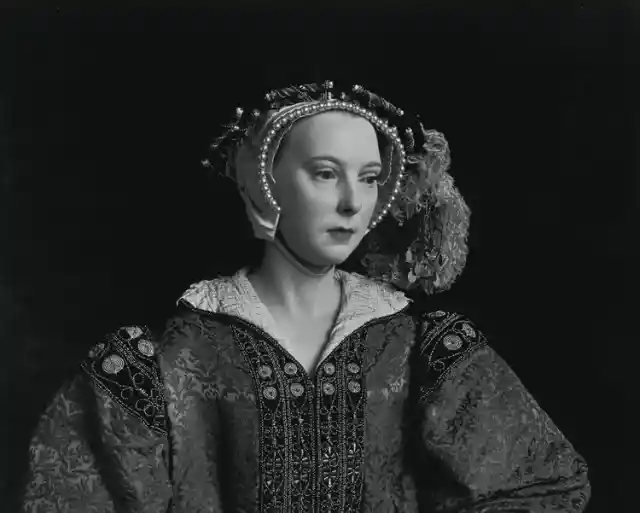
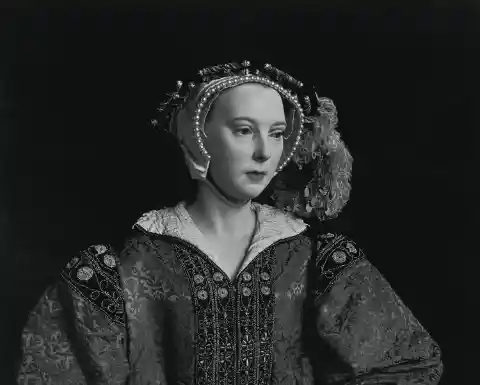
Catherine Parr makes this list for a number of reasons, most notably for her role as Henry VIII’s final wife before his death in 1547. She also gained notoriety for being well-educated and being able to publish books under her own name.
One of the few queens to rise to fame of her own accord, Catherine is known for her published works as well as the public policy changes she attempted to implement while she had influence over the court. Her books involve prayers, lamentations, and spiritual topics that were considered taboo in her time.
Grace Kelly Historically
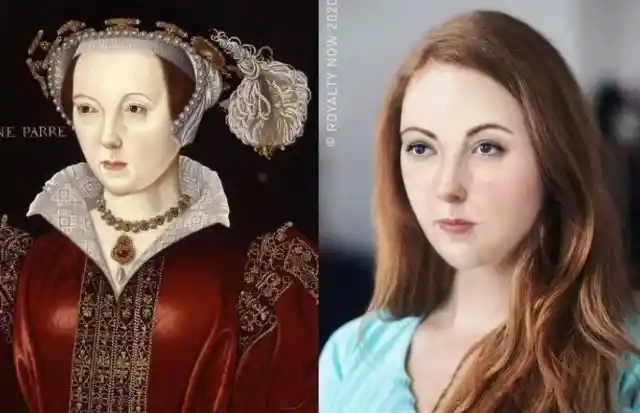
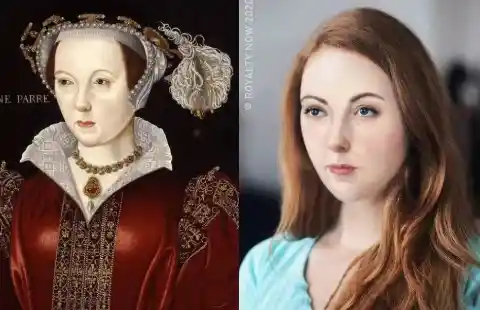
Part of Catherine’s success was due to her strong personality. Catherine did have a calculating side to her as well, taking steps in her personal life to be able to ascend to greatness. She married four times in her life.
She can also be credited for repairing relationships between her husband Henry and his children and raising future heirs to the throne, Mary, Elizabeth, and Edward.
Grace Kelly Today


Grace Kelly graced the silver screen in several well-known Hollywood films, including High Noon, Dial M For Murder, and To Catch A Thief. She would have enjoyed many more years of Hollywood success had she not jumped at the opportunity to live a fairy tale lifestyle with husband Prince Rainier III of Monaco.
She retired at the young age of 26 to marry Rainier and began her dutiful role as Princess of Monaco. The couple proceeded to rear three children, Princess Caroline, Prince Albert, and Princess Stephanie.
Aten Historically


Kelly has always been known for her classic starlet style, and it was seriously amped up after she attained her royal title. It’s unlikely that she could have improved upon her modern-day appearance significantly, as she had hair and makeup at her disposal following her 1956 nuptials.
The Princess of Monaco became the epitome of grace and always looked fabulous. However, it makes us wonder what would it have been like if she had never given up acting and we were able to see her for many more years onscreen.
Aten Today
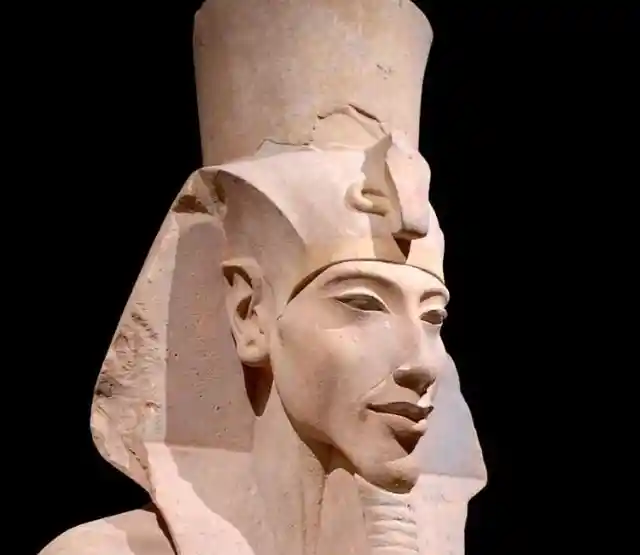
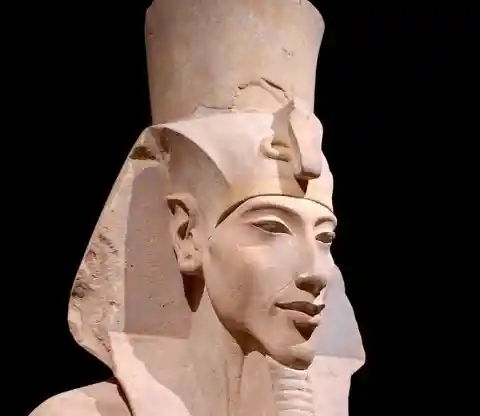
Aten, or Akhenaten, was an Egyptian Pharaoh born in 1380 B.C. His reign was seventeen years, lasting from 1353 to 1336 B.C. He ruled with one of the most famous Queens in history, Nefertiti.
Aten and Nefertiti made it their mission to attempt religious reform throughout Egypt, causing much dissension as the people in favor of the old religious ways formed some conspiratorial plots against them.
Shaka Zulu Historically
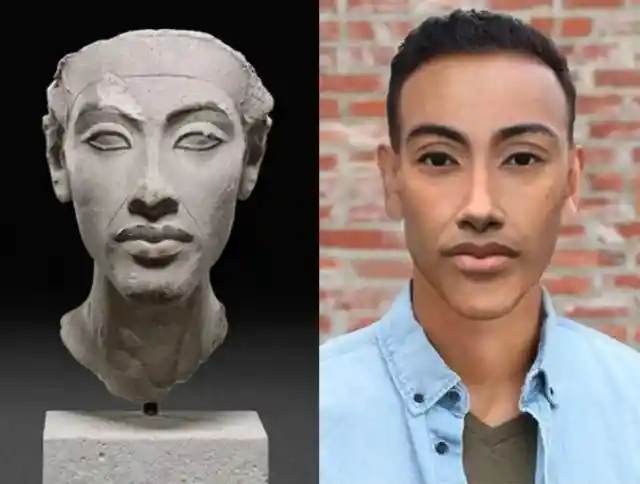
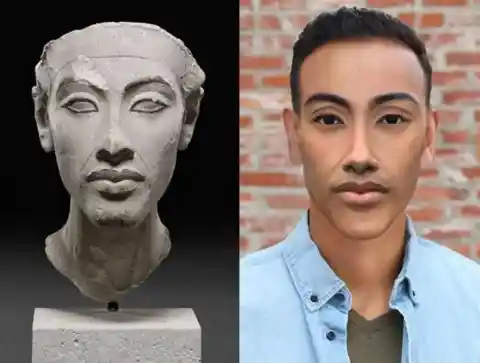
Aten ushered in an era of sun worship known as Atenism, where the sun god is the sole recipient of all praise and adoration. This was a controversial idea as Egypt was very much into the idea of pantheism, worshipping many gods. He craftily portrayed himself as a son of the “sun,” bestowed with life-giving powers that caused a fearful public to obey without question.
Despite a seemingly normal, pleasant appearance, it is theorized that Aten’s radical ideas resulted in a reputation that he had some think was due to “madness and insanity.” The piercing stare in this artist’s portrayal makes us wonder if his radical policy would’ve been met with more favor given his attractive countenance.
Shaka Zulu Today
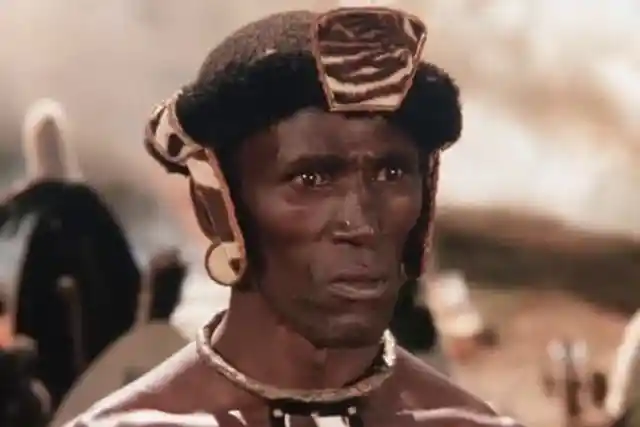

Shaka Zulu rose from humble beginnings as a member of the South African clan of Zulus to become one of the most respected and feared warriors in history. As a young boy, he dreamed of commanding thousands of men in battle, and he vowed to improve his physical strength and fighting skills to lead his clan.
Born the son of Zulu chief Senzangakhona, he was initiated into a fighting unit, serving as a warrior under Dingiswayo. His fighting talents were recognized quickly, and he ascended the ranks to become one of the most powerful warriors in the Zulu clan.
King Louis XV Historically


Sadly, Shaka’s rise to fame and glory didn’t last long. After the death of his mother, he slowly declined mentally. Shortly after, his half brothers had him assassinated and buried in an unmarked grave.
His reign coincided with the a period of devastating warfare and chaos in southern Africa that depopulated the region. He was one of the most influential monarchs of the Zulu, whose military genius and intellect could have helped build a historic empire.
King Louis XV Today
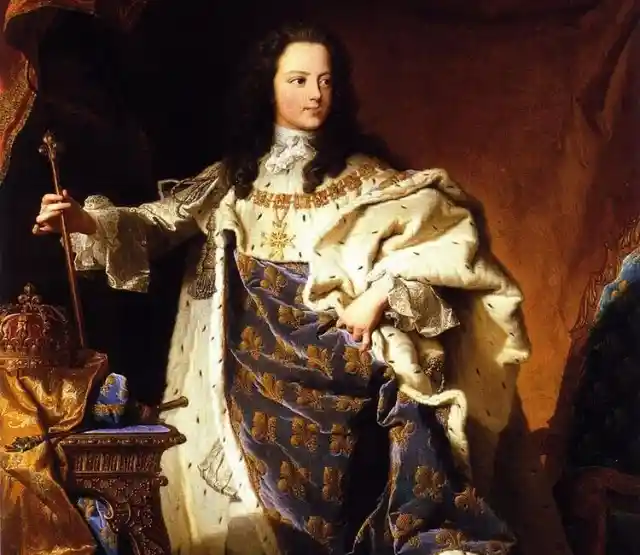

Louis XV was the grandson of King Louis XIV. An heir to the throne at the age of five, most of his family had died prior to his title, so he had little guidance on his roles and responsibilities as ruler of France. Although he was liked his lackadaisical approach to civil affairs led to the decline of French civilization and ultimately, the French Revolution.
His reign of almost 60 years was the second longest in the history of France, outdone only by his predecessor Louis XIV. Historians tend to criticize his reign, citing issues of corruption, deceit, and adultery that permeated the monarchy at the time.
Agrippina The Younger Historically
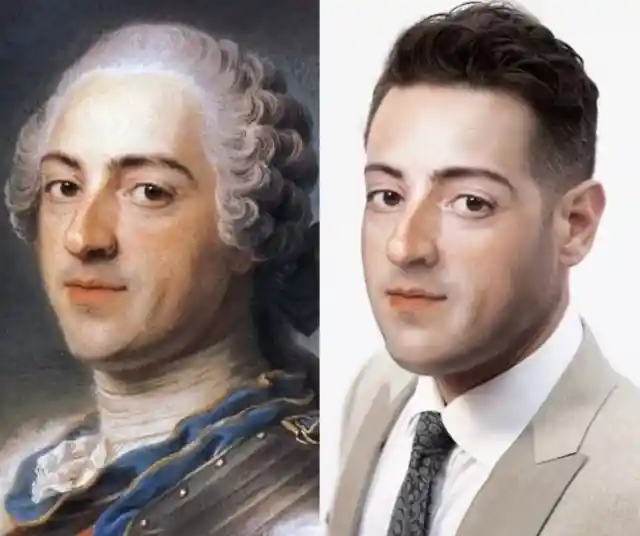

Despite the fact that he’s seen as a passive monarch in early French history, he can be credited for the inception of Le Secret Du Roi, a primitive form of the French secret service that we see in operation today.
Judging from these artistic portrayals, he would fit into any government room with the same air of suaveness and charisma that other government agents possess.
Agrippina The Younger Today
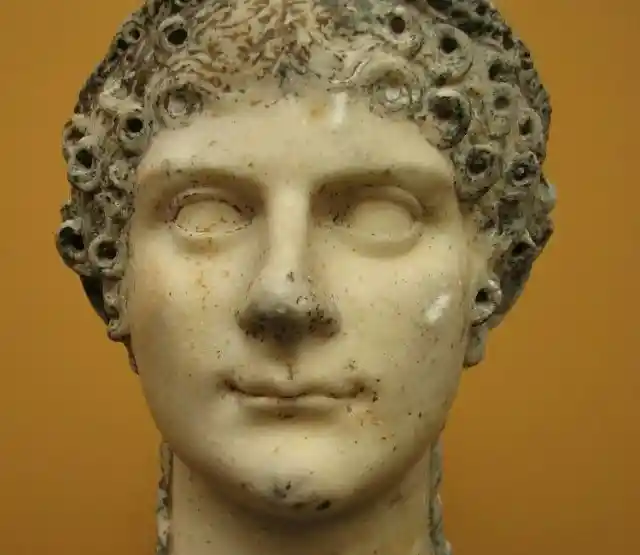
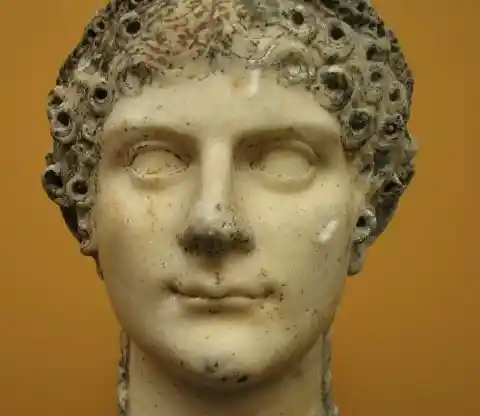
Agrippina was born with royal Roman blood in her lineage, but that didn’t necessarily ensure the integrity and honesty better befitting of a queen. She was convicted of conspiracy in her teen years after attempting to overthrow her brother Caligula as emperor and was sent to live in exile for several years.
She served as a behind-the-scenes advisor in the affairs of the Roman state. Her powerful political and family ties allowed her to maneuver Nero, her son from an early marriage, into the line of succession for the throne.
Prince Albert Historically
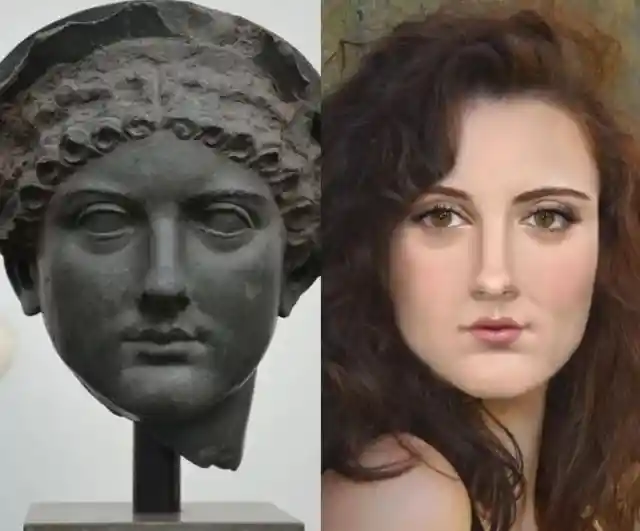
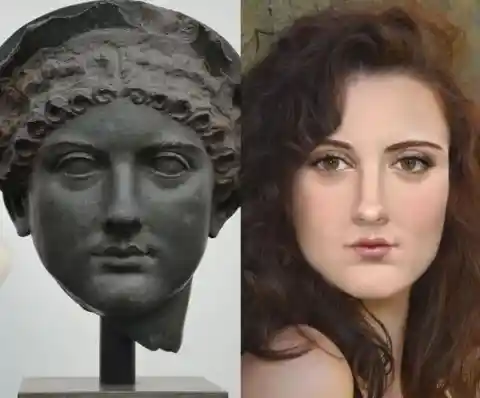
Empress Agrippina was known to be ruthless, ambitious, violent, and domineering. She was also a woman of beauty and reputation.
After a number of attempts to nab the throne through a number of poisonings that she was connected to, her own son, Emperor Nero, ordered her execution. Some historians accuse her of even poisoning her husband.
Prince Albert Today
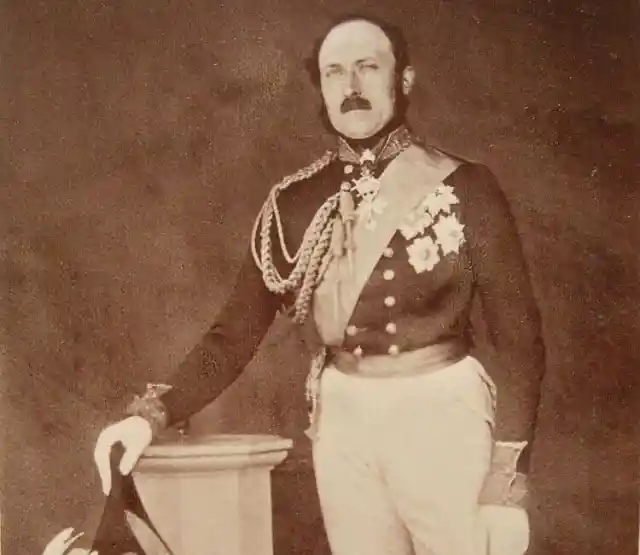
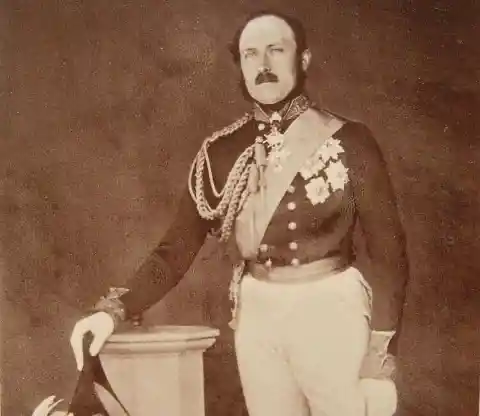
Bavarian-born Prince Albert served as prince consort of Ireland and the United Kingdom upon his marriage to Queen Victoria. The pair together had a prosperous reign, during which they produced nine children and 42 grandchildren.
Although he initially felt constricted in his role as consort, he learned to embrace the influence and power that it did afford him, supporting public causes such as educational reform and abolition. The Queen became more and more dependent on his wise counsel as she stepped into her courtly duties.
Hatshepsut Historically
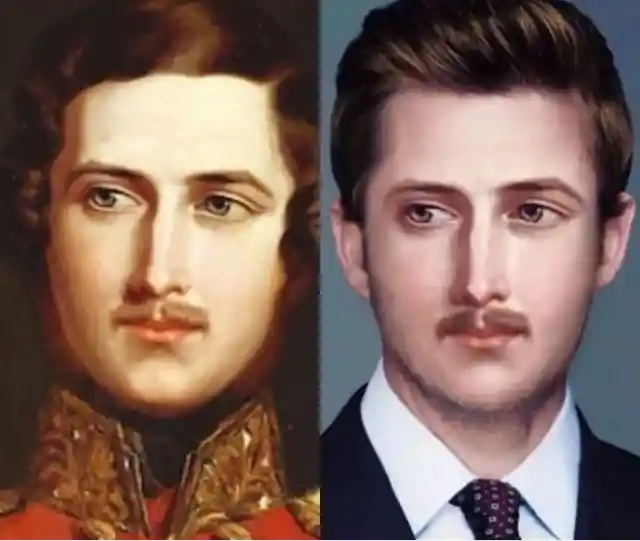
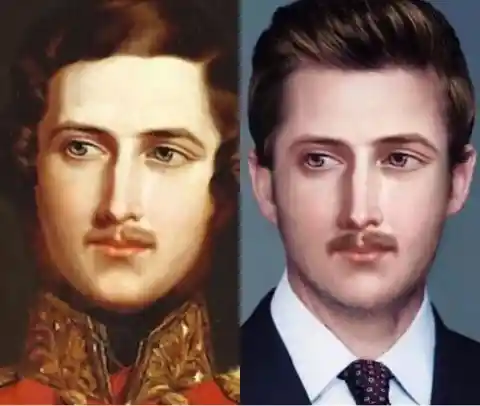
Portraits of Prince Albert paint him as an elegant aristocrat, with a kind demeanor and wisdom that make him worthy of a place in royal history. He died at the young age of 42.
This gentle diplomat was mourned by his wife, Queen Victoria, for nearly forty years after his passing. She was so devastated that she wore black the rest of her life.
Hatshepsut Today
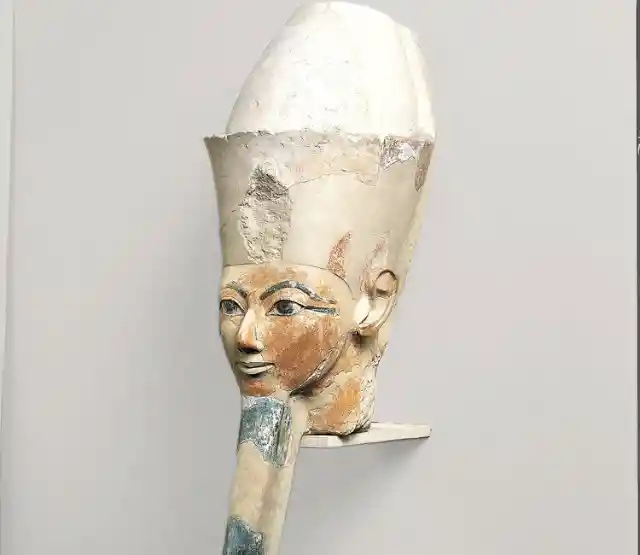

Hatshepsut had some weighty responsibility as Queen of Egypt when she took the throne at the tender age of 12. Upon the death of her half-brother and husband, Thutmose II, she acted as regent for her stepson Thutmose III, later taking on full powers as Pharaoh around 1473 B.C.
With one of the longest-recorded reigns by any female on the Egyptian throne, Hatshepsut held the title for almost 22 years. She is credited with re-establishing trade networks that contributed to the vast wealth of the Eighteenth Dynasty.
Madame de Pompadour Historicalluy


Hatshepsut is officially considered the only woman to have been “historically confirmed” as Queen. With that prominent role, Hatshepsut joins elite company of Nefertiti and Cleopatra as the only three Queens in Egyptian history.
Over the course of 3000 years of Egyptian history, being one of the only three women to rule and exercise feminine wisdom when ruling the land. We can only imagine what she would have been like as a leader in the 21st Century.
Madame de Pompadour Today
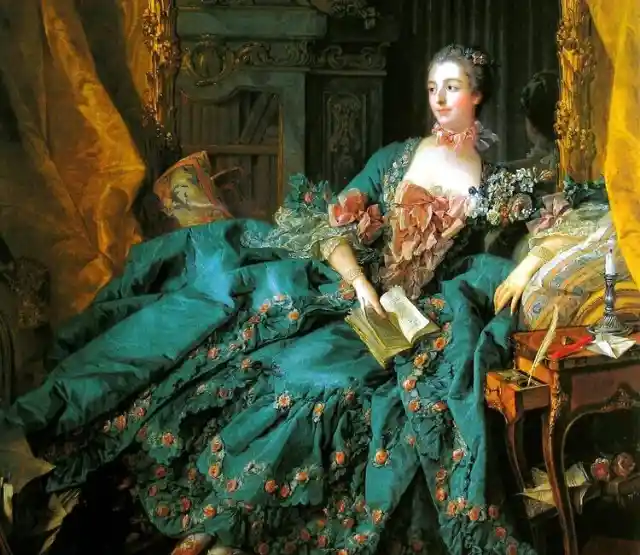
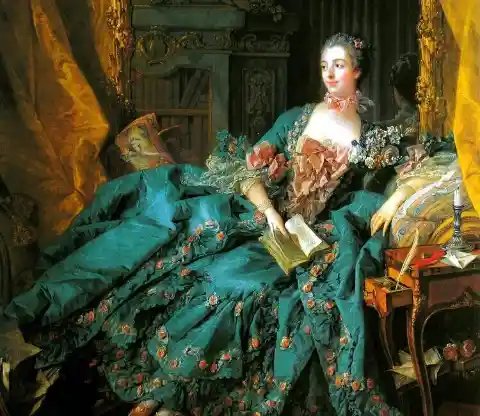
Madame de Pompadour is an infamous member of the French court. She was the official chief mistress of Louis XV from 1745-1751, and she remained influential in political and national affairs as a court favorite until her death.
Pompadour took charge in the king’s court, monitoring the king’s schedule and advising him in all matters both personal and political. She managed to secure titles of nobility for herself, building a solid network of loyal fans and supporters, despite the fact that she never reigned as Queen.
Simon Bolivar Historically


Madame de Pompadour was also known for being incredibly charming and beautiful. These qualities enabled her to take charge over the King’s schedule as chief advisor.
She also possessed the cunning necessary to outsmart her rivals, so it’s no doubt that her sweet gaze and feminine wiles could allow her to ascend the ranks in today’s political scene as well.
Simon Bolivar Today
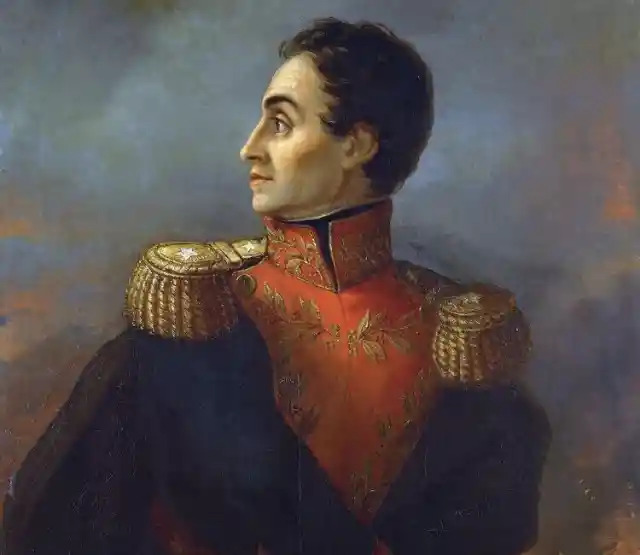

Simon Bolivar was a South American soldier who played an instrumental role in the continent’s revolutions against the notorious Spanish Empire. A wealthy aristocrat himself, Bolivar was sent to Spain for a formal education, where he developed an intense desire to immerse himself in European politics.
Taking advantage of the disorder that existed in Spain prompted by the Peninsular War, Bolivar incited a campaign for independence in 1808. He managed to establish an organized national congress within three years of his inauguration.
Nzinga Historically
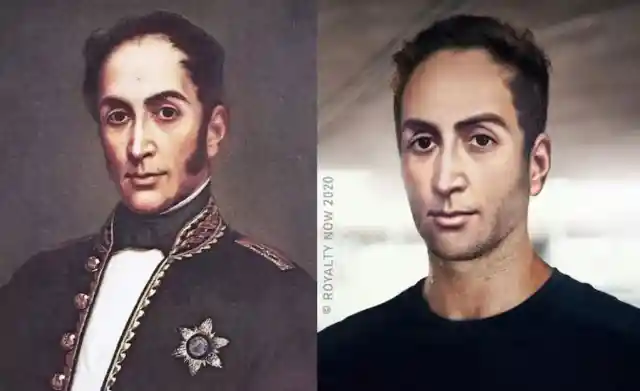

With Spain threatening to dominate most of the Southern Hemisphere, Bolivar took the opportunity to develop and train a large military following that resulted in the emancipation of many South American countries.
His training of these militaries forever changed the geopolitical climate of the South American continent, and helped provide independence to Venezuela, Bolivia, Columbia, Peru, Panama, and Ecuador.
Nzinga Today
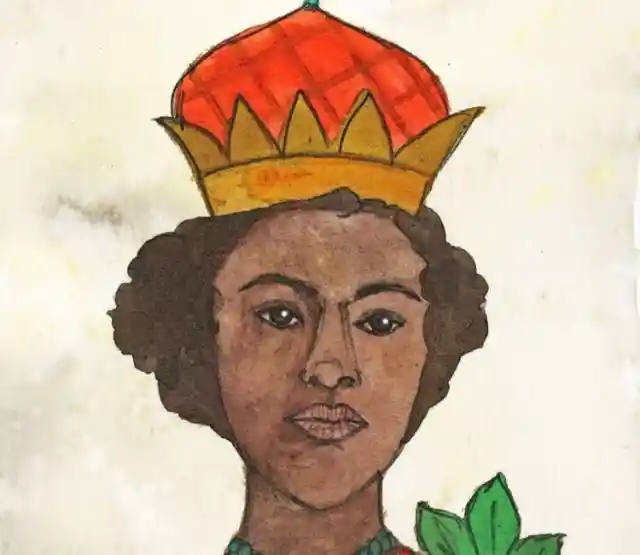
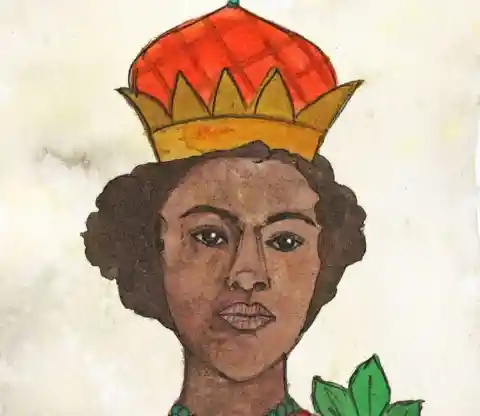
Queen Nzinga was the monarch of the Mbundu, known as a resilient and brave leader who fought against the Portuguese and their slave trade that threatened the people in Central Africa during the late 16th century.
Born into the ruling family of Ndongo, this powerful leader received both political and military training as a child, demonstrating a natural talent for diffusing political crisis.
Ingrid Bergman Historically


Nzinga is historically remembered as someone who fought valiantly for independence of her country during her 37-year reign. Aside for the bravery, she was also known for her grace, beauty, and highly effective military strategies and tactics.
She very much earned her reputation as a historic warrior queen. She remains a celebrated historic icon in Angola culture even today.
Ingrid Bergman Today


Ingrid Bergman is an internationally renowned Swedish actress known for her superior performances on stage and screen. Her most notable performances include films such as Casablanca, Spellbound, and Murder On The Orient Express.
She began her acting career in Swedish and German films, making her American debut with the remake of Intermezzo. She received an illustrious Academy Award For Best Actress for her work, earning a place for herself among the Hollywood elite.
Catherine The Great Historically


Ingrid Bergman’s career spanned an impressive nearly five decades. She received plenty of accolades and prestige throughout her acting career.
She won three Academy Awards, four Golden Globe Awards, and a Tony Award. Her impressive list of credentials would look as good at today’s award shows, along with her updated countenance.
Catherine The Great Today
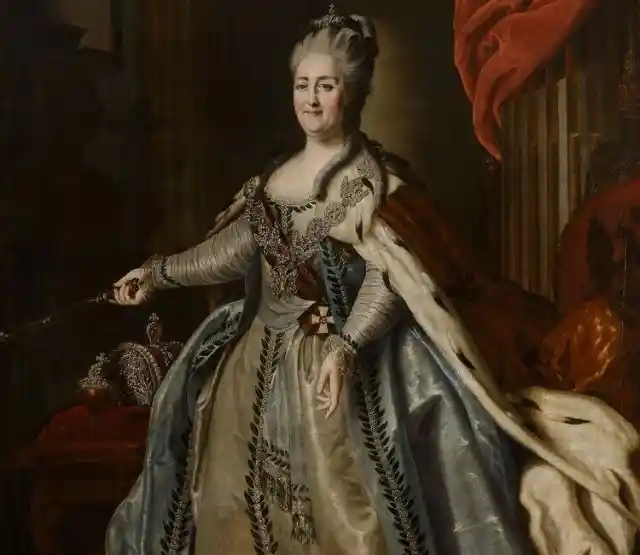
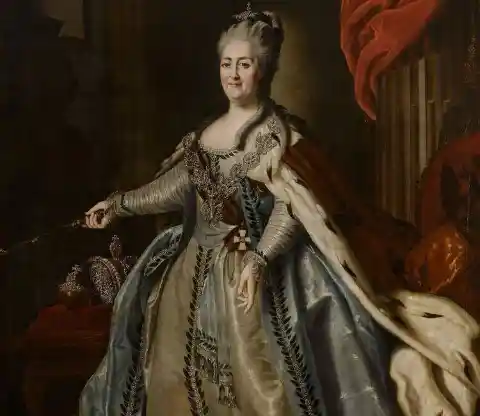
Catherine The Great was Empress of Russia from 1762 through 1796. She had the longest reign of any female Russian leader in history. She is best known for expanding Russia’s borders and implementing peacekeeping efforts with several surrounding countries during her time on the throne.
Catherine ruled during a time when the Russian Empire was rapidly expanding through both conquest and diplomatic efforts. She reformed the administration of Russian governorates and founded several new cities that continued to expand Russian territory.
Emily Carr Historically


The time during her reign, the Catherinian Era, is known as the Golden Age of Russia. She freed Russian nobles from compulsory military service. Though most historians agree on her diplomatic and political accomplishments achieved during her reign, not all were in agreement regarding her appearance.
Some artists chose to depict her as fair-skinned with blonde hair. Modern artistic portrayal paints a deeper hue, and we think it compliments her well.
Emily Carr Today
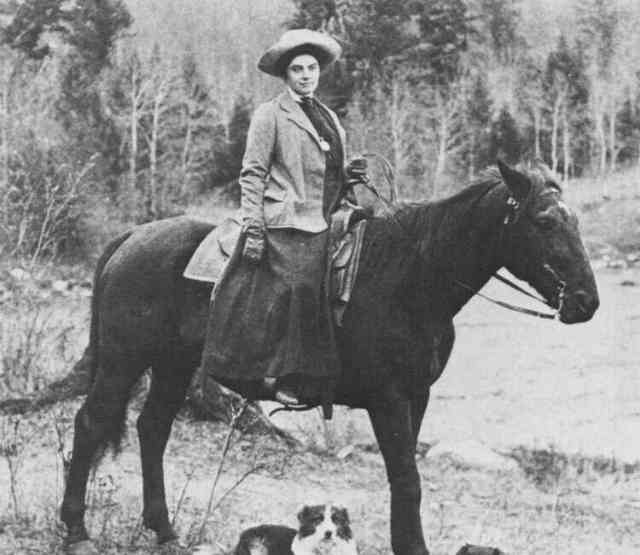
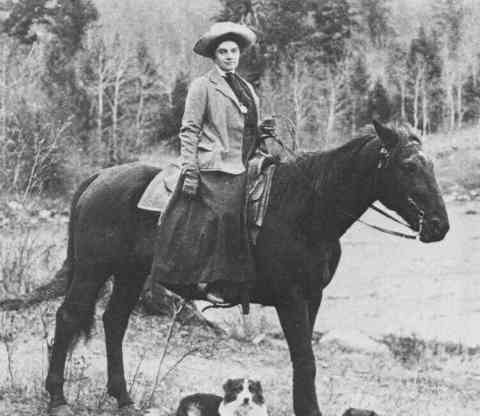
Emily Carr was a Canadian artist and writer who lived ahead of her time. Her expressive paintings of coastal land in British Columbia and the First Nation tribes that lived there are both beautiful and reverent.
Being one of the few painters in Canada to adopt a post-Impressionist style, she was not able to earn widespread recognition for her work until she changed her subject matter from Aboriginal themes to landscapes.
Emily Dickinson Historically
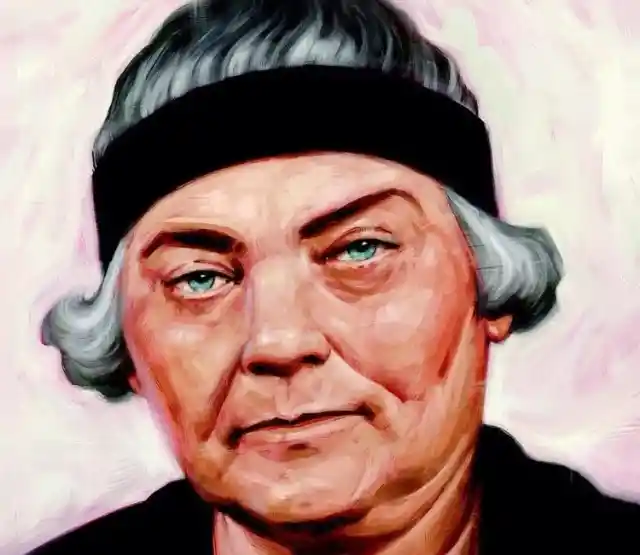
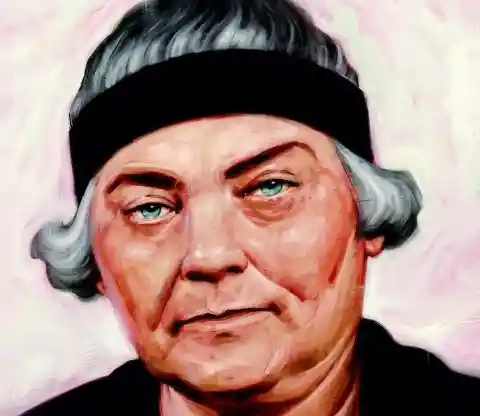
After she died in 1945, her name became more famous. Her work was discovered and showcased and she has now been described as a “cultural icon” in the art medium.
Modern versions of Carr depict her as we imagine an artist to live and look. Slightly disheveled and Bohemian beauty captures us with just a look as we contemplate her talent and life lived as an artistic genius who looks effortlessly gorgeous.
Emily Dickinson Today

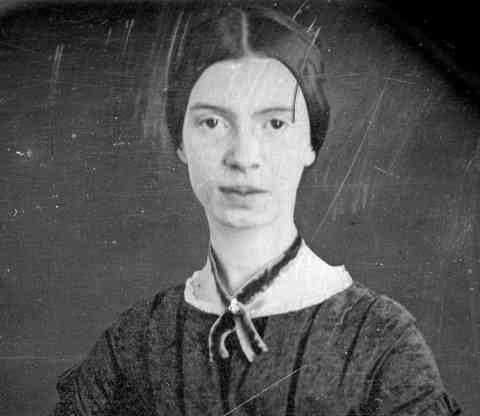
Emily Dickinson has the market cornered on rhythmic pentameter, for her poetry is highly regarded as some of the most beautiful in existence. She took influences from 17th-century metaphysical poets as well as the Biblical book of Revelation to craft some truly innovative and lyrical literature.
Despite the lovely interpersonal nature of her poetry, Dickinson lived much of her life in solitude. She was considered eccentric by locals, preferring white clothing and spending much time by herself, which caused others to avoid contact with her.
Annie Oakley Historically


Sadly, Dickinson’s parents suffered from strokes a year apart. She actually had befriended Benjamin Franklin as well for a few years.
Upon her death, Dickinson’s family discovered over forty handbound volumes of unpublished works totaling nearly 1800 masterpieces, many of which are now collected as The Manuscript Books Of Emily Dickinson. Her genius lives on in her poetic gifts to humanity.
Annie Oakley Today
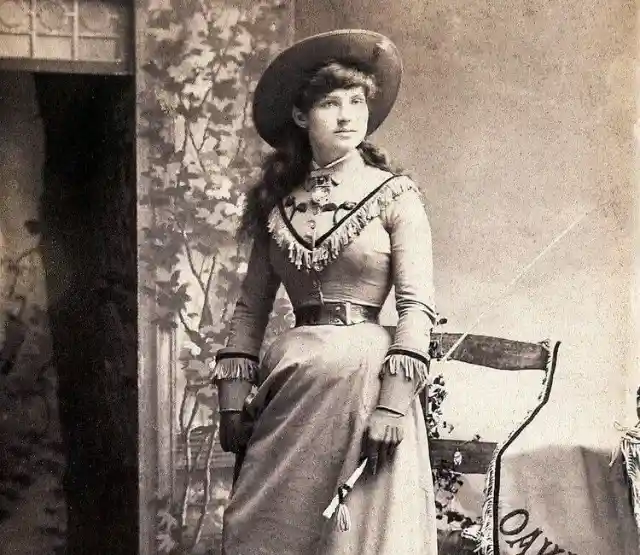
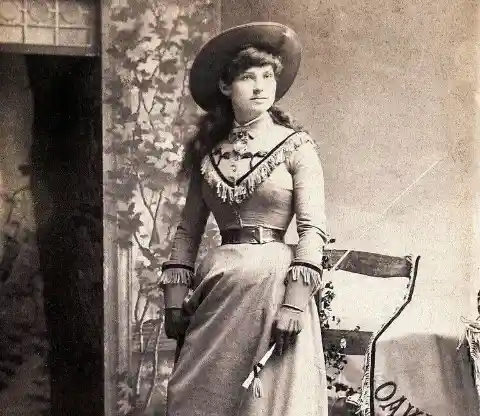
Annie Oakley is an infamous markswoman known for sharpshooting her way across the country. Traveling with her husband, she would show off her skills with both rifle and pistol, putting countless male challengers to shame.
Oakley developed her impressive talents through hunting to provide for her impoverished family. Besting an experienced marksman named Frank Butler at age 15, she earned local recognition and the eye of Butler, who she later married.
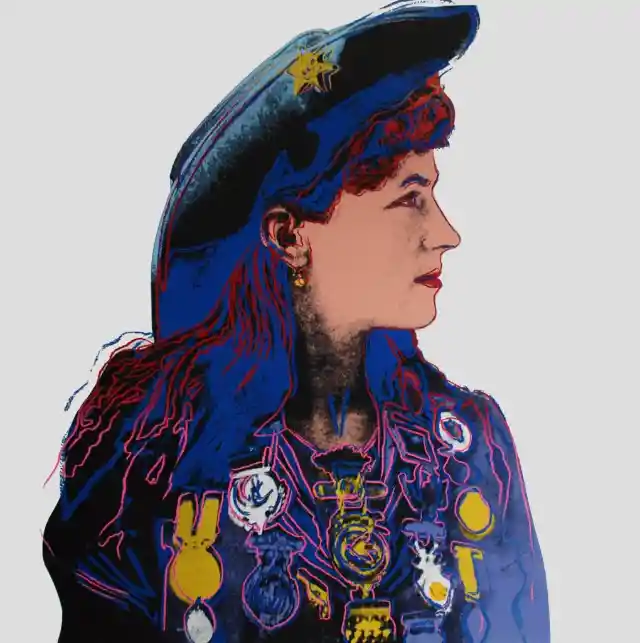
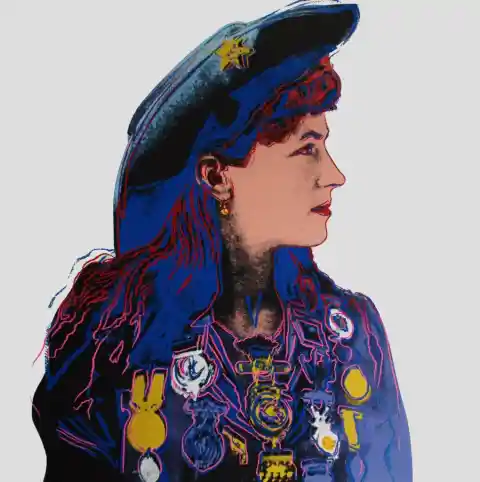
Oakley and her husband ended up joining Buffalo Bill’s Wild West show. Her marksmanship became legendary, doing tricks such as shooting a cigar from her husband’s mount or shooting a playing card’s edges from thirty paces away.
Annie’s husband must have been a very secure fellow. Not only was she skilled and intelligent, but artistic portrayals of her also show an attractive woman capable of “loving men and shooting them,” as she was equally comfortable doing both.